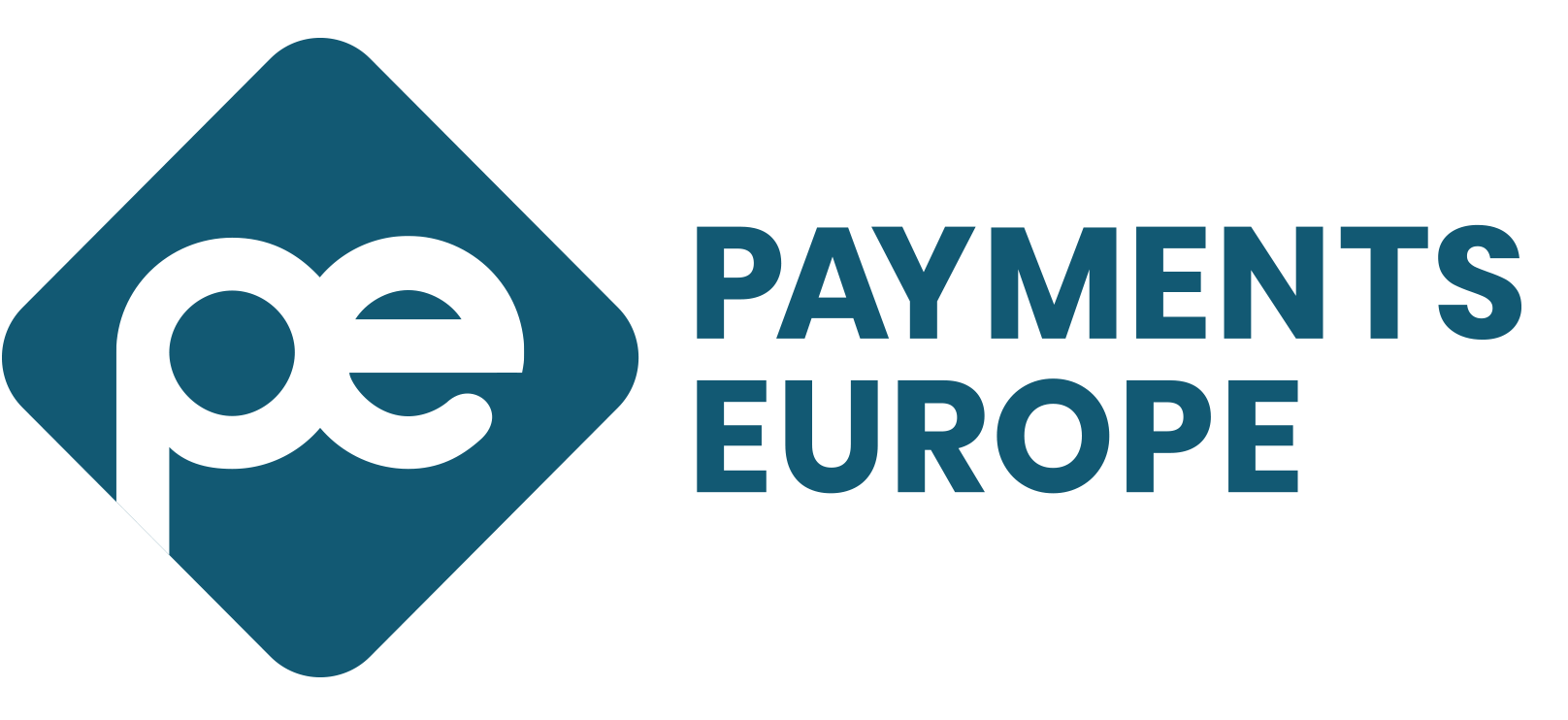Payments Europe’s response to the European Commission’s consultation on the Proposal for an Open Finance Framework
Key takeaways
- Consumers must be given control over their data and be empowered to manage consent over who can access them, and how.
- Open finance should set an outcome-based framework and promote innovation and competition, as well as avoid imposing technology-specific requirements.
- Payments Europe calls for the development and implementation of outcome-based and flexible standards on Application Programming Interfaces to allow for adjustments required by changing market needs and availability of technologies.
- A new Open Finance framework must consider provisions to mitigate potential risks around financial and digital exclusion as well as operational resilience of smaller players.
Introduction
Payments Europe welcomes the opportunity to provide feedback on the upcoming proposal for an open finance framework. If correctly designed, such a framework will lead to and support the development of new, innovative products, services, and solutions to the benefit of European consumers and the European market as a whole.
As the EU takes the necessary steps to develop regulation on open banking and open finance, we invite the regulator to put the development of the European market and the safety of European consumers at the forefront and to ensure that once adopted, the new regulatory framework keeps fostering competition and innovation.
Notes on the new framework on open finance
The EU has been spearheading the efforts to develop customer-centric regulation and set global standards on data protection and management. By nature, open finance relies on data; therefore, the framework will need to be fully aligned with existing data regulations.
Trust is key to the successful implementation of Open Finance and Payments Europe believes that in order for consumers to participate in the data-sharing ecosystem, they must have a full understanding of, and ultimate choice over, their data use and management. Consumers and businesses must be sure that their data is held securely and only accessed by entities to which they have provided consent. At the same time, it is in each consumer’s right to allow third parties to access and use data temporarily for detailed and specific reasons, i.e. to facilitate life or business in the way set out when they are granted access to data.
The businesses using consumer data, on their end, have the obligation to ensure the data is used and managed safely and responsibly.
Against this background, Payments Europe argues that the upcoming framework on open finance should not impose technology-specific requirements, but rather leave the development and introduction of adequate technologies, products, and services to the market, as it is best placed to respond to the needs of end-users.
Payments Europe also invites the regulator to reinforce the level playing field and ensure that no existing or new solution or market participant is unduly advantaged or disadvantaged by the regulatory framework, as this would damage market competitive dynamics and, ultimately, consumers’ choice. Financial firms must be given the legal clarity necessary to develop new businesses and services. Moreover, they should also be given clear strategic and commercial benefits and have the guarantee of a stable and secure legal and regulatory environment around data sharing in order to invest and develop new products.
We believe that the new open finance framework must therefore allow for compensation by third parties who make data available. By doing so, third parties make it possible to obtain a reasonable return on investment when collecting and structuring the data. In addition, this creates the right incentives for industry stakeholders to operate within the legal framework to develop multilateral commercial and contractual structures, such as the SEPA Access Account scheme.
Payments Europe calls for the development and implementation of outcome-based standards on Application Programming Interfaces (API), jointly developed by the market participants and governments. This will help in streamlining the technology and the tools developed, benefitting both API developers and end-users, by providing the latter with a wider variety of services to choose from, adapting to their ever-changing needs. Payments Europe acknowledges in this regard that different approaches to standardization may be appropriate for different aspects of open finance, depending on the use case.
Payments Europe also highlights that the framework regulating open finance should consider those risks that come with it. Whilst it is true that open finance can increase financial inclusion, it could also broaden the gap between consumers who are already included in financial activities, and those who are not. Increasing the number of tools available to those who already have advanced knowledge of finance and access to their finances via digital channels will not improve the situation of those who do not. As obvious, any effort to increase financial inclusion must start from and focus on those consumers who are currently left out.
Another risk to be taken into account when designing the new open finance framework is linked to the safekeeping and storage of the vast amount of data that open finance requires to be truly functional. This is of special relevance regarding the operational resilience of smaller TPPs (third-party payment providers) and payment service providers, which may have inadequate systems and security check-in place due to investment costs.

